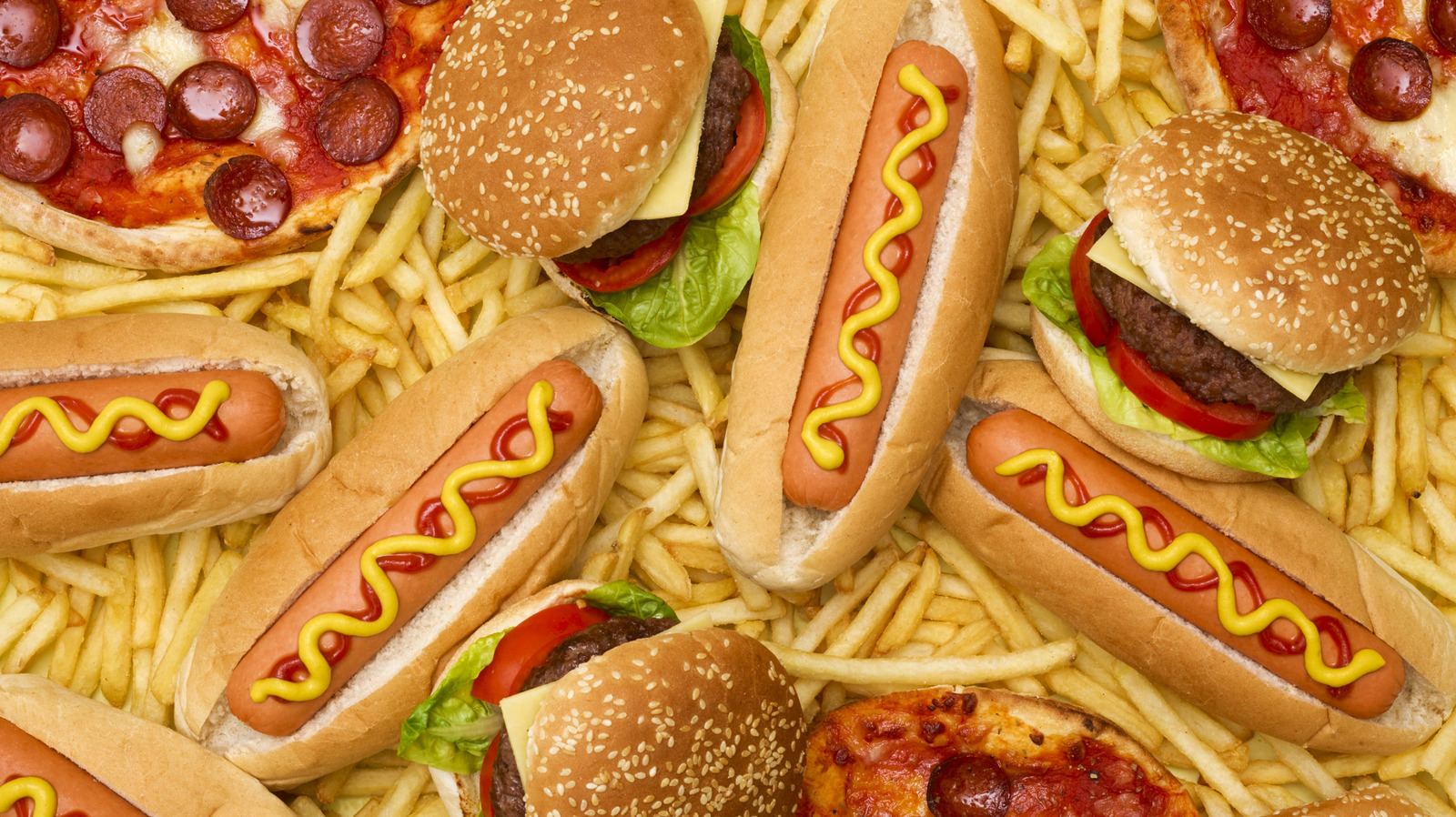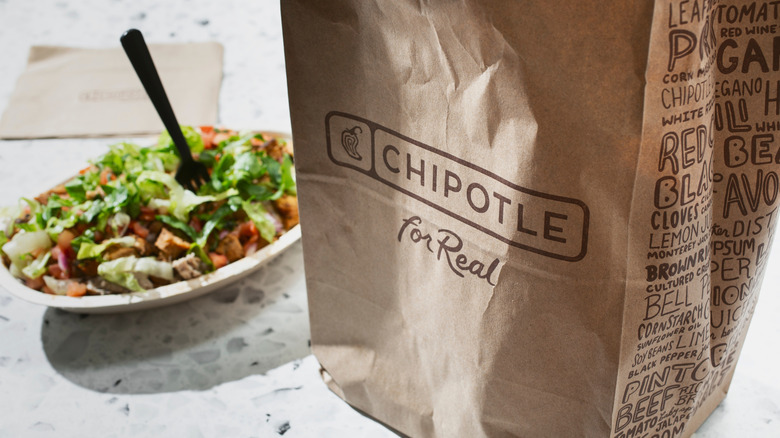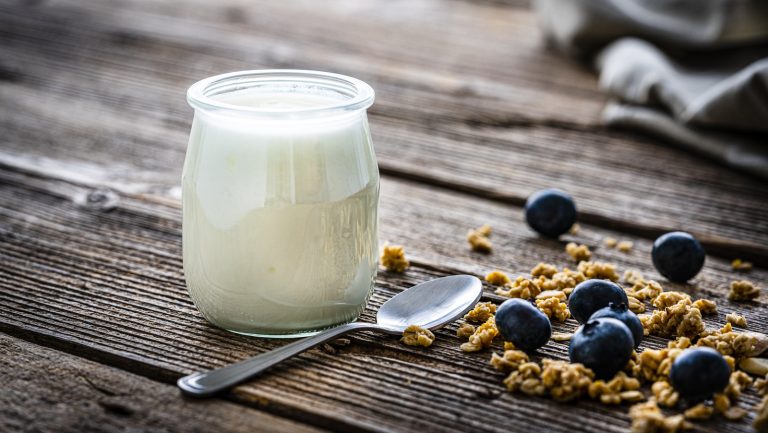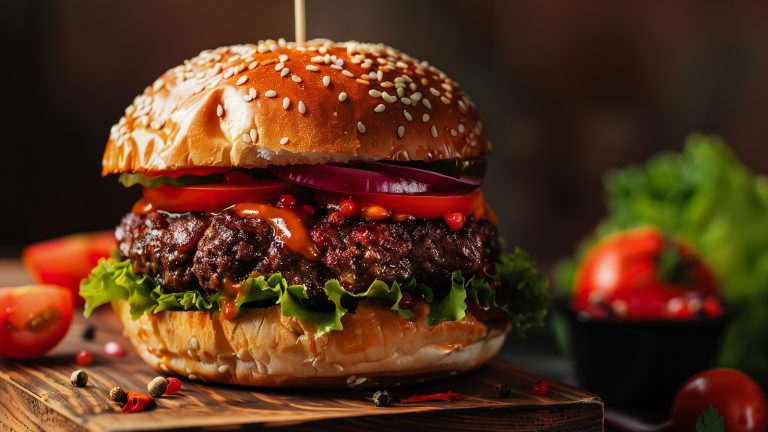Since opening its doors in Denver, Colorado, in 1993, Chipotle has solidified itself as an undisputed titan of fast-casual restaurants, offering quick and delicious made-to-order Mexican grill classics. A key component of Chipotle’s success and longevity is the heavy emphasis it places on the freshness and quality of the ingredients it uses. This is reflected in their 2018 For Real campaign, which emphasized its long-standing commitment to providing real food that uses real ingredients.
Chipotle takes the freshness of its ingredients so seriously that it doesn’t use freezers or have can openers in any of its restaurants — there’s simply no need for them. According to Chipotle’s official website: “Chipotle was born of the radical belief that there is a connection between how food is raised and prepared, and how it tastes.” And it abides by this ethos: in 2017, Chipotle announced that it had become the only national restaurant brand with no added colors, flavors, or preservatives in its food.
This company’s commitment to fresh ingredients is best displayed in one of its signature menu items: guacamole – though you can make it better at home. Chipotle proudly claims that its guac is made fresh daily, using 48 avocados in each batch — opting for ripened Hass from Mexico and California, which are famed for their creamy, rich, and buttery texture. To streamline the process of making fresh guac without compromising its freshness, Chipotle has even begun using the autocado –- a robotic, automated device used to efficiently cut, core, and peel avocados.
Chipotle also emphasizes sustainability, animal welfare, and ethics
Chipotle aims to significantly reduce its carbon footprint. According to Chipotle’s 2024 Sustainability Report, they achieved an impressive 15% reduction in Scope 1 and 2 carbon emissions (emissions released both directly and indirectly) — by shifting its energy use toward cleaner alternatives. In 2023, the brand piloted a new, eco-conscious restaurant design that maximizes energy efficiency in its equipment and uses 100% renewable energy sourced from wind and solar power, supporting its long-term goal of reducing 50% of its carbon emissions by 2030. In 2024, Chipotle also invested $100 million into its Cultivate Next venture fund, which invests in early-stage companies that innovate sustainable developments in agriculture, supply chain, restaurants, and automation.
Chipotle’s commitment to sustainability also affects how it sources its food. The chain measures quality by using metrics such as animal welfare, environmental considerations, and taste. This is reflected by Chipotle’s claim that it only serves antibiotic-free meats, hormone-free beef traceable back to its ranch of origin, and milk from pasture-raised cows — all of which are third-party audited for ethical sourcing.
In 2023, Chipotle was the only U.S. company awarded at the Compassion in World Farming’s Good Farm Animal Welfare Awards for its commitment to ensuring that sows are free from confinement during gestation and farrowing. Additionally, Chipotle requires that all its suppliers -– whether that be food, beverage, paper, or packaging –- must adhere to the ethical, social, legal, and environmental requirements set out by its Supplier Code of Conduct.






